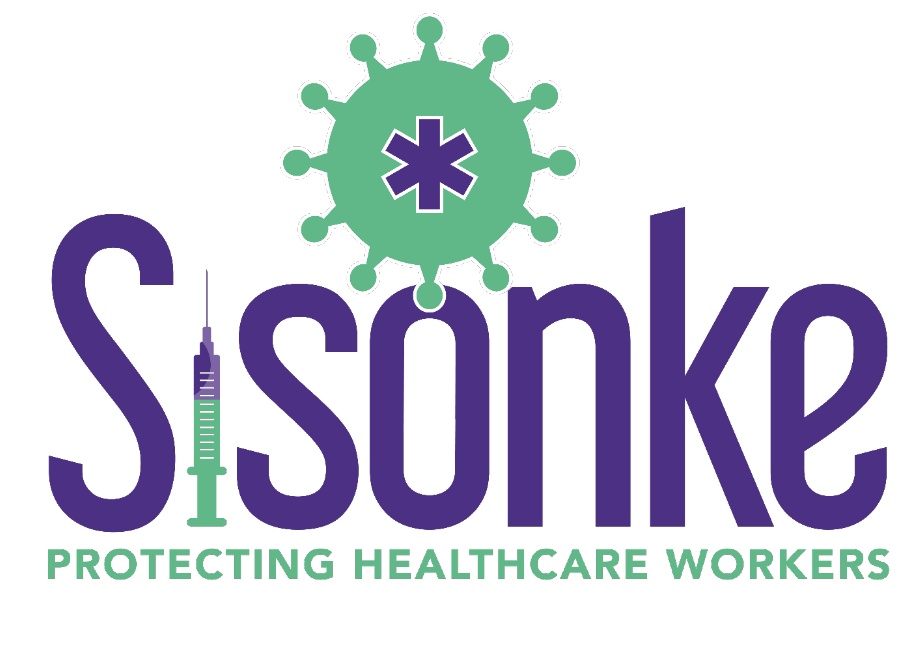South Africa’s Olympic, Para-Olympic Team and other elite athletes to be vaccinated through Sisonke ahead of International Sporting Events including the Tokyo Games
 Cape Town | South African Elite Athletes will be vaccinated through Sisonke ahead of International Sporting Events including the Tokyo Games kicking off in a few weeks’ time.
Cape Town | South African Elite Athletes will be vaccinated through Sisonke ahead of International Sporting Events including the Tokyo Games kicking off in a few weeks’ time.
This follows an approval granted by the South African Health Product Regulatory Authority (SAHPRA) to the South African Medical Research Council (SAMRC) to make available a modest number of the remaining COVID-19 Ad26 JnJ vaccine doses that can be used to support the nation before they expire. The vaccination of these athletes, although not compulsory will take place at various vaccination sites throughout the country.
After concluding the Phase 3B open-label component of the health care worker study, the Sisonke Investigators, made an urgent application to SAHPRA requesting them to waiver the eligibility criteria to include persons of high priority to the nation, including the Olympic and Para-Olympic Team to be allowed access to the Ad26 SARS-CoV-2 investigational vaccine. The move to vaccinate elite athletes was announced by the Minister of Health, Dr Zweli Mkhize when he launched the National Rollout and was supported by the Director General of the National Department of Health, Dr Sandile Buthelezi.
According to Professor Glenda Gray, President and CEO of the SAMRC and the National Co-Principal Investigator (Co-PI) of the Sisonke Study, the athletes would have received the Pfizer vaccine, and there was not enough time before their departure to complete the vaccination course of two doses. “By them receiving the Sisonke vaccine, the Pfizer doses allocated to them will go to ordinary citizens of our country and thus will free up additional doses for our country” said Professor Gray, adding that all conditions of registration of the JNJ vaccine will be observed for the vaccinated athletes. “These include safety monitoring and reporting of the relevant safety outcomes to SAHPRA at specified intervals”, she concluded.
Professor Linda Gail Bekker, Co-National Principal Investigator remarked: “At the end of the day these individuals are ambassadors for our country, they have to travel to do their jobs and they need to be vaccinated. We are glad we could assist.”
Sisonke enabled government to make the Ad26.COV2.S COVID-19 vaccine (JnJ vaccine) immediately available to healthcare workers using a research programme ahead of the third wave. As part of the initial phase of the National Vaccination Programme, 479 768 healthcare workers were vaccinated at 122 sites nationwide. This was necessary to safeguard the health system to deal with the third wave of COVID-19 infections and admissions, and to vaccinate the rest of the nation. Sub-studies are ongoing to evaluate the vaccine further in pregnant and lactating women, in health workers living with HIV, older health workers and those with other co-morbidities.
NOTE TO THE EDITOR:
About the Sisonke Study:
The Sisonke study is a collaboration between the National Department of Health, South African Medical Research Council, Desmond Tutu Health Foundation, CAPRISA, Janssen and Johnson & Johnson. This open label, single-arm Phase 3b vaccine clinical trial of the investigational single-dose Janssen COVID-19 vaccine candidate aims to monitor the effectiveness of the investigational single-dose Janssen vaccine candidate at preventing severe COVID-19, hospitalizations and deaths among health care workers as compared to the general unvaccinated population in South Africa.

